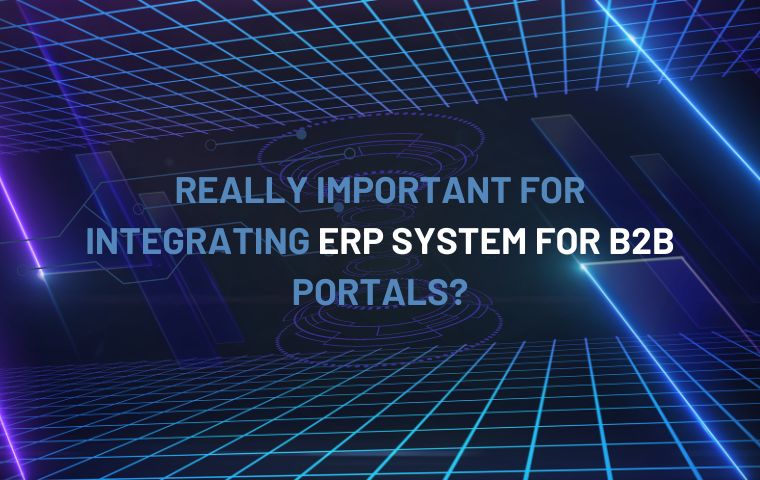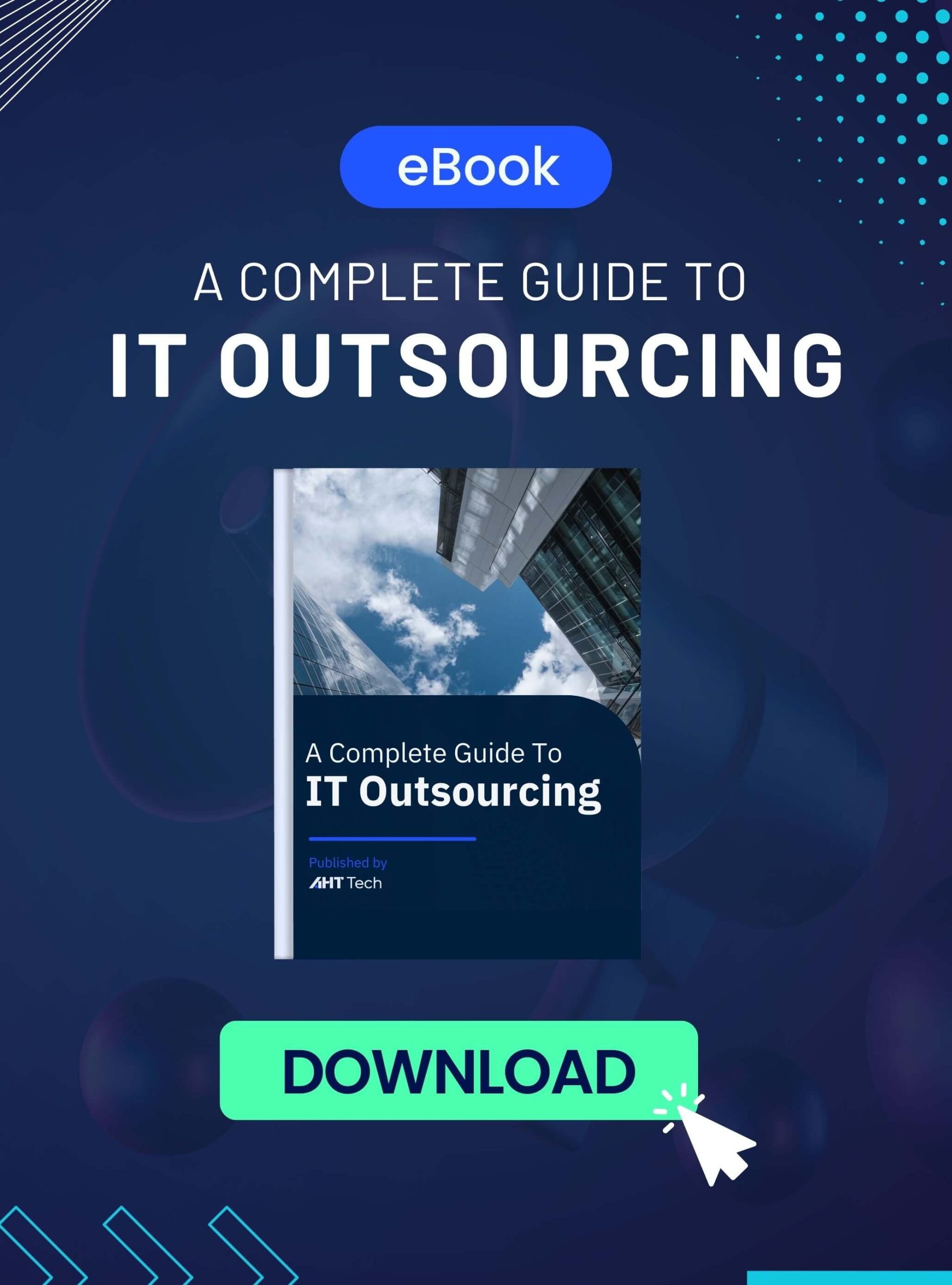TABLE OF CONTENT
What is ERP System for B2B?
How To Integrate ERP System for B2B Portals
Why Need To Integrate ERP System for B2B Portals?
Conclusion
What is ERP System for B2B?
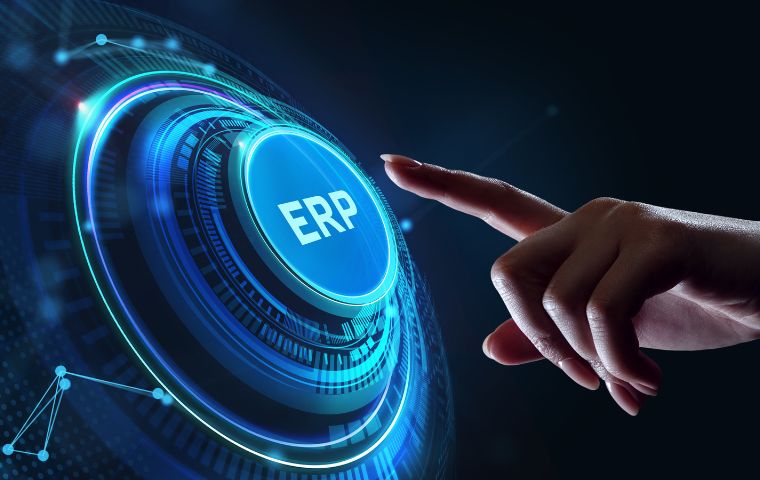
First of all, let’s explore what ERP is. ERP (short for Enterprise Resource Planning) can be understood to refer to software with the function of supporting the enterprise resource planning process – the core business management software that helps consolidate and connect processes. important. In other words, it is an all-in-one technology model that helps businesses control all business activities, and record, store, manage, and analyze data information in an automated way because employees have to work on separate and independent software like before. Similar to an ERP system for B2C, a suitable ERP system will help businesses collect and store data in one place in a variety of fields such as finance and accounting, human resource management, customer relationship management, production management, inventory management, POS, supply chain management, etc. With ERP integrations for B2B, it simplifies order tracking and automates accounting, sales, and information tasks. customer information on systems.
With ERP software solution being the core technology that connects and organizes important functions in B2B business operations, it has become a primary concern for B2B organizations of all sizes and across various industries. Successful integration of your strategies will bring convenience, speed and personalization to your business to meet customer expectations. In addition to access to powerful data and increased productivity, creating a single source of information and truth. But as customer demand evolves, your B2B operation needs to explore new ways to deliver the best online shopping experience.
How To Integrate ERP System for B2B Portals
In today’s digital landscape, integrating ERP systems with B2B portals has emerged as a game changer that involves connecting multiple applications or platforms together to streamline processes and enable consistent data exchange. And sometimes, choosing the right way to connect or integrate them is the hardest part. The integration process may vary based on the systems in question and the specific needs of the business.
Below are three of the most popular ways you can integrate ERP systems for B2B portals to help you make the right decisions for your business.
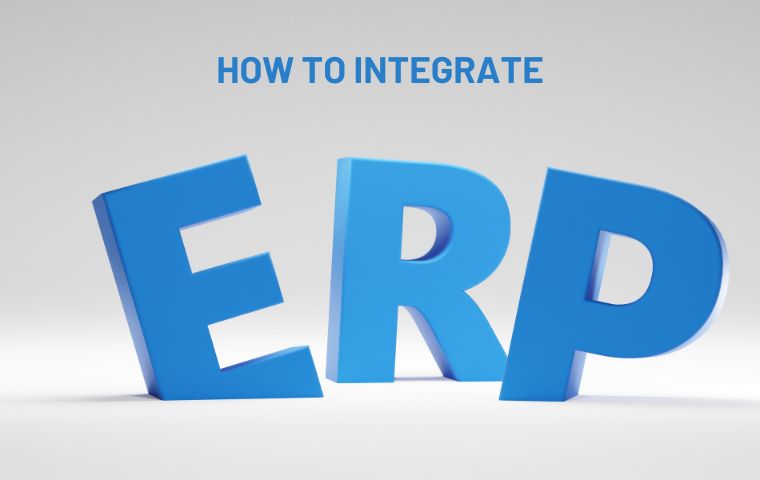
API-based data synchronizations
As for data synchronization, the ERP API will provide developers with standardization when other applications interact with it, helping to synchronize inventory levels, and product details, and process transactions. payment transactions, extract invoices, and ERP data, and use them on your eCommerce platform in real time. This absolutely makes your operation and management easier. With API-based data synchronizations, your ERP system for B2B receives data from the eCommerce platform or vice versa. Data will automatically be pushed between the application and the eCommerce platform.
Scheduled data synchronization
As we alluded to earlier, there are a few reasons why you might not want to opt for a real-time ERP integration. While larger businesses have constantly changing accounting and warehouse management data, some B2B companies choose to sync data between their ERP and ecommerce platforms on a regularly scheduled—but not real-time—basis.
These scheduled data syncs are typically not used to update inventory and pricing data, which even emerging retailers use real-time data syncs to handle. However, B2B organizations with fewer internal development resources may choose to schedule some activities, such as changes to product descriptions.
Manual data synchronization
Most medium, large, or financially viable B2B businesses often choose real-time or scheduled integration between their ERP and eCommerce platforms. However there are many small businesses or enterprises that want to optimize their investment in data synchronization, so choosing manual ERP integrations for B2B is completely reasonable and affordable. easy to understand. Because they don’t need to update data regularly, and manual synchronization often doesn’t require high-end engineering resources or complex technologies, it can be cost-effective compared to automated methods… However, not automatically assimilating data has a few points to note. You won’t be able to scale the system and will always need someone available to maintain integration at all times. It also requires fine-tuning and manual intervention from the user, data integrity cannot be guaranteed, and security issues are entirely possible.
Why Need To Integrate ERP System for B2B Portals?
Integrating ERP (Enterprise Resource Management) systems with B2B (Business to Business) portals brings many important benefits to help optimize business operations and enhance collaboration with partners. work. Here are some reasons why integrating ERP systems for B2B portals is important:
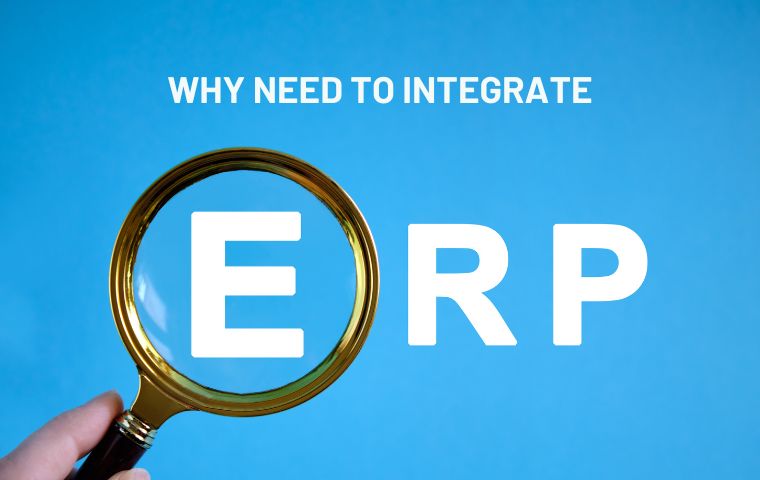
- Seamless Data Exchange: Integrating ERP systems with B2B portals creates a powerful connection system between software and eCommerce platforms, helping to send data smoothly and effectively. Instead of having to rely on manual data entry, this integration minimizes the time and effort required while ensuring data consistency.
- Real-Time Updates: Provides real-time data updates, helping departments and business partners access the latest and most accurate information. This also means that product inventory, order status, payment, and pricing information are always up to date, thereby improving flexibility in business management and quick response. with emergency situations.
- Enhanced Customer Experience: Integration of ERP system for B2B with Portals delivers huge benefits to the customer experience, empowering your customers with ownership and self-service. They can always track order progress, purchase orders, product status and online invoices, which helps orders to be processed faster and more efficiently from order to delivery. customers, thereby creating satisfaction and trust from customers.
- Data-Driven Insights: By integrating between ERP system for B2B with portals of an eCommerce platform, you can easily analyze customer behavior, sales patterns, and order trends. Additionally, it allows you control over the data across both systems instead of managing multiple systems. One of the best benefits of an ERP system is real-time updating, which enables you to gain a comprehensive view of your businesses including inventory, warehouse, stock, orders, sales, and much more. Providing holistic data insights, you can make data-driven decisions to enhance customer satisfaction as well as generate sales.
- Cost Savings: ERP systems for B2B allow you to automate all processes in your business. Thus, you don’t need to invest much more money for resources to manage every task. Possibly, it leads to relatively manual data entry and human error in the process. ERP integrations for B2B assist you in optimizing both finance and resources.
- Scalability: There is no doubt that ERP system for B2B has robust integrated capabilities. No matter what you want to connect it with how many third-party systems, it can adapt to. Of course, when you grow, you need to expand your complete system to meet an increase of employees and tasks.
Conclusion
It is clear that ERP system has more advantages for businesses in managing their business operations. With B2B business, an ERP system is essential for assisting you in seamlessly managing in a single platform instead of separated management. Implementing an ERP system is relatively time-intensive to help the system run smoothly with your existing platforms with high technical expertise.
That’s the reason why you might hire an expert to help you. Up to now, have had a number of B2B customers succeed with AHT Tech in implementing and integrating the ERP system. We have not only advanced technologies but also talented IT resources to collaborate in the end-to-end process. Don’t hesitate to contact us!


